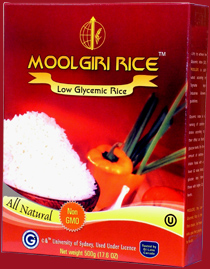Organic farming again today. I’ve come across two papers from opposite ends of the world on this subject which it may be worth discussing together.
The first, from New Zealand, describes an experimental attempt to put a value on the ecosystem services provided by different pieces of arable land near Canterbury. That’s interesting – and difficult – enough, but the authors did this for both conventional farms and neighbouring organic farms. Values for the following services were calculated: biological control of pests, soil formation, mineralization of plant nutrients, pollination, services provided by shelterbelts and hedges, hydrological flow, aesthetics, food, raw materials (fibre, fuelwood, pharmaceuticals etc.), carbon accumulation, nitrogen fixation and soil fertility.
The results were that organic fields provided ecosystem services to the tune of US$ 4,600 per hectare per year, compared to US$ 3,680 for conventional fields: “there were significant differences between organic and conventional fields for the economic value of some ecosystem services.†Now, that must be associated with increased (agro)-biodiversity in the organic fields – more natural enemies, more pollinators, more earthworms, more medicinal plants etc. – but this was not measured in the study.
The other paper did compare diversity in organic and conventional farms, but only for plant at the species level, and no attempt was made to calculate values. Working in the south of England, the authors found significantly more plant diversity in organic arable fields as compared to conventional fields – though no differences in the plant diversity of other types of habitats within farms, such as woodland fragments and hedgerows.
I suppose what we need is a combination of these approaches, bringing together diversity assessment with valuation. Because in the end we’re only going to be able to conserve biodiversity if we can adequately value it.
 The rice, called Moolgiri, is marketed by Taj Mahal Agro Industries, and according to independent tests does indeed have a
The rice, called Moolgiri, is marketed by Taj Mahal Agro Industries, and according to independent tests does indeed have a